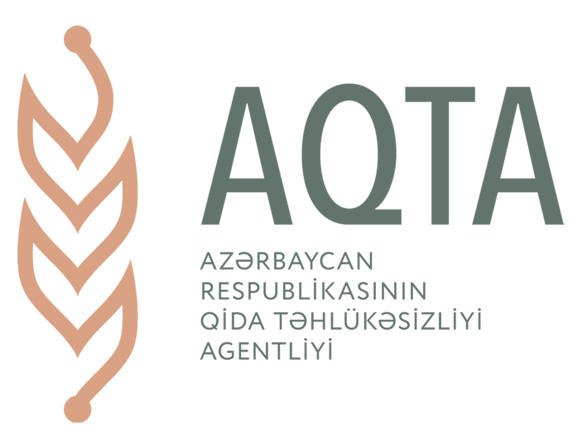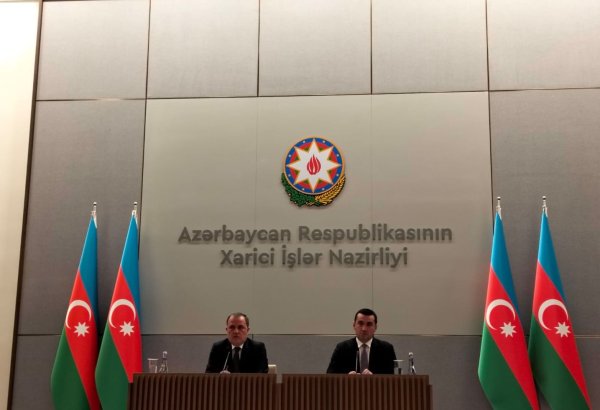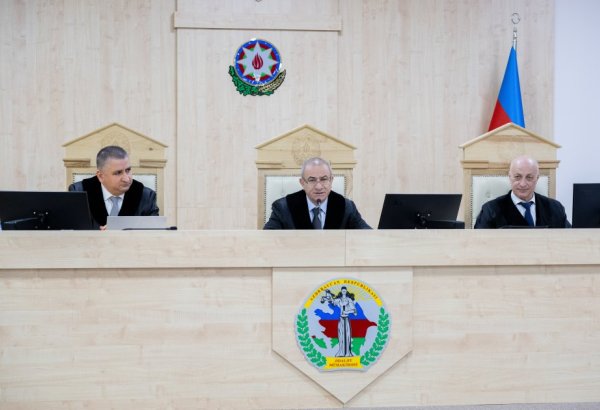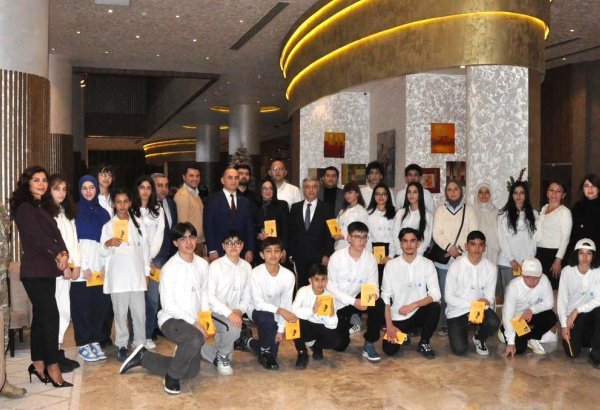BAKU, Azerbaijan, April 12. Azerbaijani Food Safety Agency has spread information on the preliminary results of studies conducted in regard with the deterioration of the health condition of seven students from lyceum No. 20 named after A.Huseynzade in Baku's Yasamal district after eating in the school cafeteria, TurkicWorld reports via the agency.
During the inspection it turned out that on April 6, seven students from different classes of the specified school ate fried chicken (nuggets) sold by TAIS IKF LLC, serving the school canteen, while another student ate doner.
According to the agency, after eating, the children felt pain in the epigastric region, nausea, headache, and dizziness. Right away after providing them with primary health care, an emergency ambulance was called the school's medical center.
During the inspection conducted at the lyceum regarding this event, it turned out that TAIS IKF LLC operates in the canteen on the basis of a lease agreement, and these products were packed in thermal boxes and delivered to the school in finished form. These products are offered for sale in storefronts. Also, during the inspection at the school, it was found that after the food was delivered to the school, the corresponding temperature and humidity indicators were not monitored. At the same time, samples of 26 various types of food products, swab samples from the hands of six employees and from 20 different surfaces, used tools and equipment were taken during the inspection. They were transmitted to the testing laboratories of the Azerbaijan Food Safety Institute. The agency also continues unscheduled inspection activities at the food preparation and delivery enterprise owned by TAIS IKF LLC and located at Narimanov district, 5 A.Gaibov Street, Baku city. Additional information about the result of the audit will be provided to the public.
Furthermore, the agency, during 2022-2023, conducted inspections in 174 educational institutions provided with a food unit, within which the compliance of food units with sanitary and hygienic standards, and the requirements for the supply, storage, labeling and packaging of food products in food units, as well as the quality and safety indicators and availability of accompanying documents, were checked. According to the results of the inspections, the relevant acts were drawn up.
During the inspection, various shortcomings were identified in 172 educational institutions, 42 of them - shortcomings that do not entail administrative responsibility (lack of registration of food safety), and 130 shortcomings that cause administrative responsibility. As a result, the responsible persons of the educational institution were brought to administrative responsibility. One of these inspections was carried out at the full secondary school No. 20. Thus, during the inspection conducted on from January 16 through January 18 this year, violations of the requirements of technical regulatory legal acts in the field of nutrition were revealed, a measure of administrative responsibility was taken against a school official, and mandatory instructions were given to eliminate deficiencies.
The list of institutions where inspections were carried out can be found in the table.























